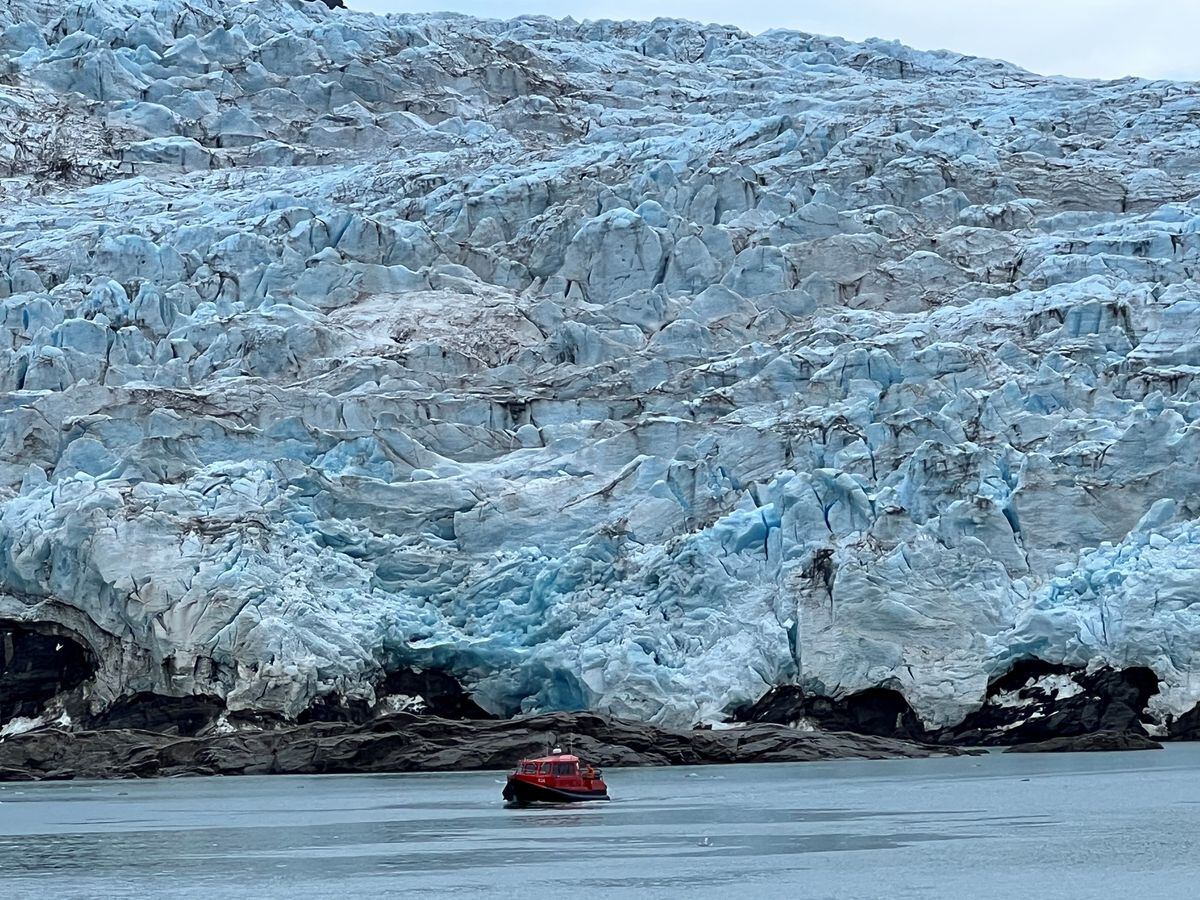This year 2024 has begun by breaking winter temperature records in much of the peninsular territory.
The increase in temperatures on the planet is related to regions that act as regulators of the global climate.
One of those regions is the Arctic.
The Arctic is a hot spot on the planet.
Far from being a remote expanse of ice and cold where the world ends, a global
endland
, the Arctic is a critical indicator and a fundamental player in climate change on a planetary scale.
Arctic warming is occurring at a rate twice as fast as the global average, and this accelerated transformation profoundly influences climate conditions, ecological and human systems in many parts of the globe.
The implications for Arctic ecosystems are dramatic.
The loss of sea ice threatens the survival of iconic species such as the polar bear, seal and narwhal, which depend on sea ice to hunt and reproduce.
Additionally, thawing
permafrost
, frozen ground, is releasing methane, a potent greenhouse gas, further exacerbating climate change.
Local human communities, including those of indigenous peoples, live deeply intertwined with these ecosystems, and face unprecedented challenges.
Arctic inhabitants, whose ways of life have adapted to Arctic conditions for millennia, must now survive in a rapidly changing landscape.
But the Arctic is not the only one of the fundamental biophysical systems that regulate resilience and habitability on Earth.
Other critical elements, which we must follow very carefully, are the sea current that brings heat to Europe, known as the Meridional Overturning Circulation of the Atlantic, the Amazon or Antarctica.
The trends observed in the evolution of these critical systems should concern us.
We are approaching magnitudes and speeds of warming that push these critical elements into situations of no return.
These trends are clear examples of the transgression of planetary boundaries, a concept that defines the thresholds within which humanity can operate safely.
By exceeding these limits we are endangering the planetary stability that sustains life and enables the development of our societies.
The accelerated decline of biodiversity, both in the Arctic regions and in other ecosystems of the planet - from the mountains of the tropics to the reefs of the Southern Hemisphere - entails the loss of the services that nature provides us.
This has very diverse implications, including aspects of national and global security, such as food security, human health or economic growth.
In the next five years, the loss of biological diversity could mean a reduction of 2.5% of global Gross Domestic Product, and in the case of Africa up to 9%.
The pressure from world powers on natural resources in Africa in the next decade will only accelerate migratory flows.
Geopolitical aspects are also highly relevant in the Arctic, a hot spot in the global geostrategic situation and one of the last frontiers in the human appropriation of natural resources.
Paradoxically, warming opens new sea routes and access to natural resources previously inaccessible, or very expensive to exploit, placing the region at the center of the global strategy for the exploitation of its resources.
This competition for resources and influence poses challenges for international cooperation and environmental governance.
This summer, within the framework of the CNIO Arte program, of the National Cancer Research Center (CNIO), we have undertaken an ambitious project: the creation of a documentary, directed by Dora García, that fuses art and science to immerse us in the complexity of the Arctic .
The documentary opens a window to reflect on how the Arctic areas, beyond being a mere indicator of the consequences of climate change, emerge as a scenario where economic, military, strategic and environmental interests come into conflict.
Sustainable management of Arctic regions and mitigation of global climate change require urgent and concerted action.
The fate of this global
finisterre
will also be the fate of the planet's climate and the sustainability of our societies.
David Nogués Bravo
is Professor at the Center for Macroecology, Evolution and Climate at the University of Copenhagen.
You can follow
Climate and Environment
on
and
X
, or sign up here to receive
our weekly newsletter
Subscribe to continue reading
Read without limits
Keep reading
I am already a subscriber
_

